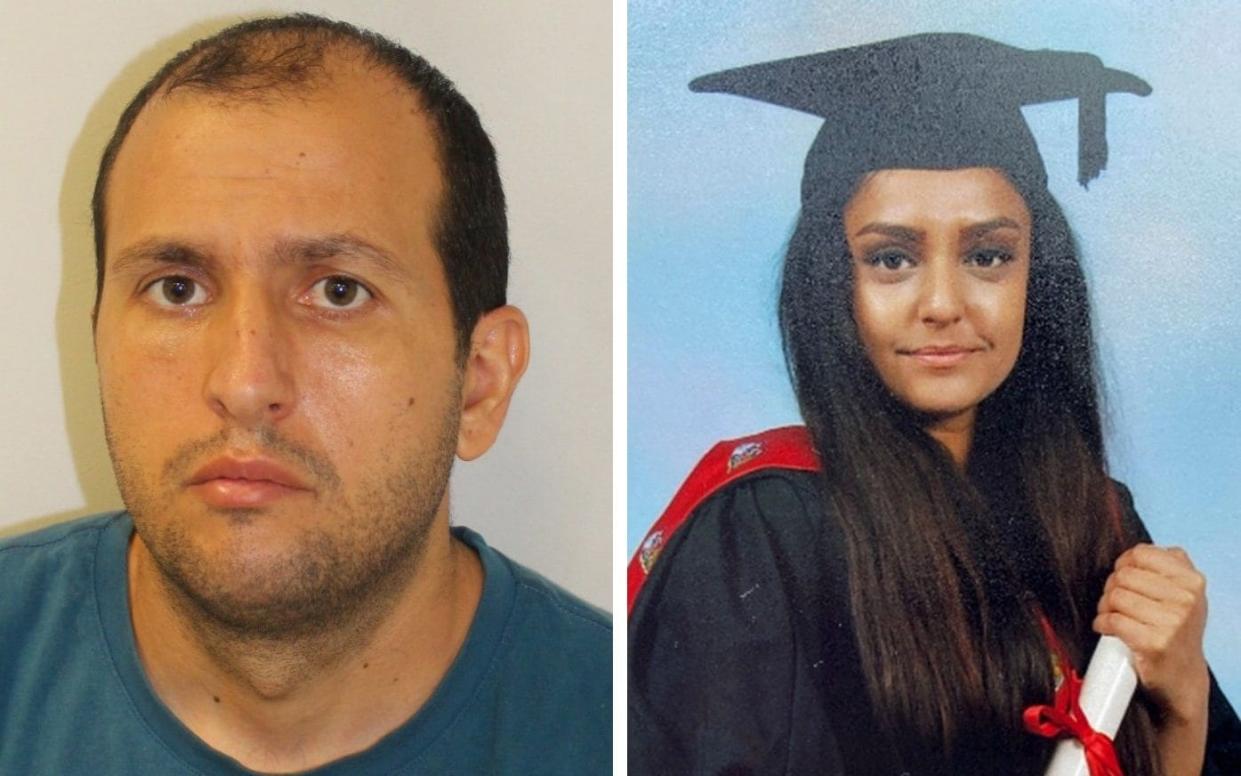Offenders could be forced to attend court in handcuffs if they refuse to face victims

Offenders who refuse to leave jail to face the victims of their crimes can be forced to come to court in handcuffs, according to new official guidance.
The updated advice, issued by the Crown Prosecution Service (CPS), said that lawyers and courts should consider “reasonable force” to ensure a defendant attends a hearing unless there is a legitimate reason, such as ill health.
It followed the refusal of Koci Selamaj, who killed schoolteacher Sabina Nessa in Sep 2021, to appear in court to be sentenced in April this year. This prompted Jebina Islam, her sister, to call him a “coward”.
Jonathan Storer, the CPS’s lead on crime in prisons, said: “For many victims, having their impact statement read in court in front of the defendant is an issue of huge significance. For them to be denied this opportunity can be very upsetting.
“Non-attendance by defendants also means cases can be delayed, trials disrupted and justice frustrated.
“Where there is no good reason for a defendant not to be in court, our new guidance reminds prosecutors of the options to help the court ensure attendance, or for hearings to go ahead without them. This does include an option for the defendant to be brought before the court in handcuffs.”
‘Reasonable force’
The guidance asks prosecutors to gather as much information as possible on the circumstances and reasons of the non-attendance, whether the defendant knows the case may proceed in their absence, and whether there is any other way of getting them to court.
Where the defendant’s attendance is deemed “necessary”, it still remains a decision for the prison whether and what “reasonable force” could be used to get them to court.
“The prison will take this decision considering all the circumstances, including the defendant’s conduct and behaviour at the point at which force is to be used,” the guidance said.
The advice set out hearings where it may not be necessary for the defendant to attend, such as first magistrates’ hearings for summary or “either way” offences, saying they do have the power to hear their case and sentence if they have voluntarily decided not to attend.
‘Desirable’ for defendants to be in court
However, it said it is “generally desirable” for defendants to attend trials in the Crown Court, where judges would be expected to consider factors including whether their behaviour was voluntary.
“Prosecutors should consider whether it is appropriate to seek an adjournment to secure the defendant’s attendance, by force, or whether the court should be invited to proceed in absence,” it added.
Judges should only pass a sentence in an offender’s absence provided that specific conditions were met, such as the defendant having a legal representative, adding: “Prosecutors should…only seek to proceed in absence where the above exceptions are met.”

 Yahoo Movies
Yahoo Movies 
